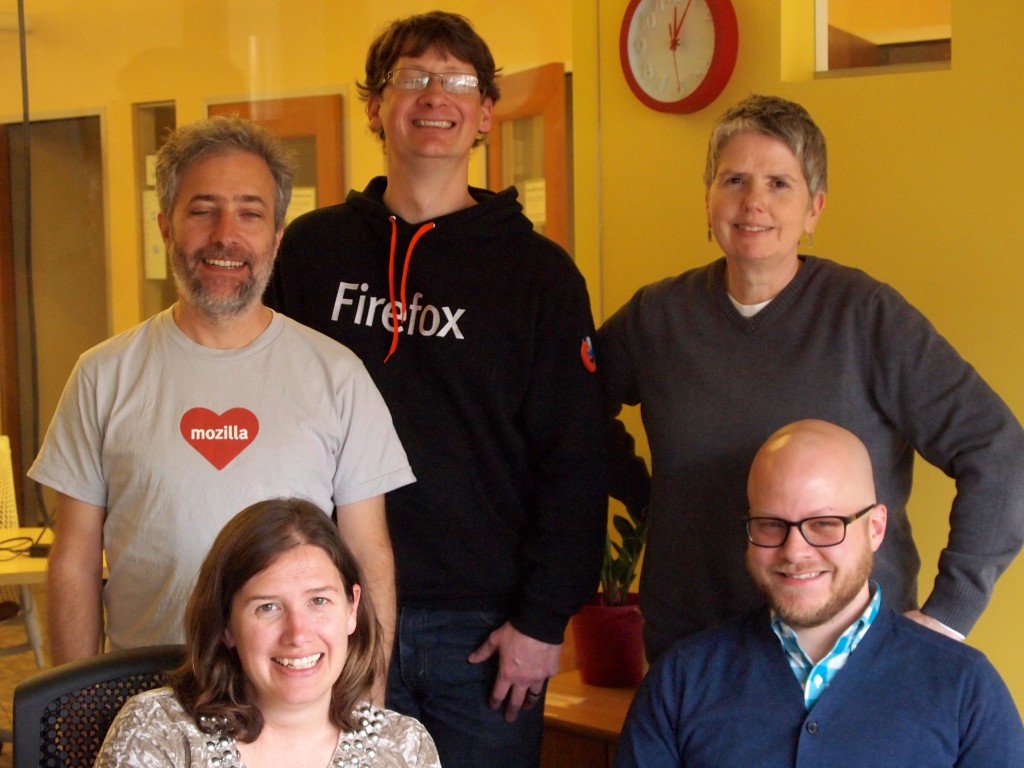Have you ever suffered from impostor syndrome? Most of us can relate to it. And it’s more prone during certain times of your life, like new jobs.
Impostor syndrome[1] is a psychological phenomenon in which people are unable to internalize their accomplishments. Despite external evidence of their competence, those with the syndrome remain convinced that they are frauds and do not deserve the success they have achieved. Proof of success is dismissed as luck, timing, or as a result of deceiving others into thinking they are more intelligent and competent than they believe themselves to be. Notably, impostor syndrome is particularly common among high-achieving women. – From Wikipedia
Having recently started a new job, I thought I’d make a list of the signs that you are suffering from impostor syndrome:
- Not accepting praise. Usually when someone says you did a great job, you should say “thank you” not “but I goofed here and I could have done better here.” My performance in my OSCON talk was not as good as my CiviCRM keynote, but I should still accept the nice comments people say. And my OSCON talk was better in many ways – like working with someone else.
- Announcing your mistakes or shortcomings. Telling everyone what you don’t know. There’s a lot of technologies in Cloud Foundry! I’m learning them. Just please don’t ask me any detailed questions about exactly how scheduling works.
- Being afraid of making mistakes. Everyone is afraid of making mistakes but you find yourself going out of your way to avoid situations that might put you on the spot. You hesitate just a moment before stepping up – a moment you don’t normally hesitate in.
- Feeling stupid. Not asking questions you have for fear of looking stupid. I’ve got lots of questions. I’ve asked about 90% of them. I’ve also asked some of them twice – the key is just to ask the same question of different people in hopes that somebody will answer it in a way you understand. That’s a trick I learned in karate. We would take turns pairing up with everyone in class. Eventually someone would explain the move to me in a way that just clicked with me.
- Writing lots, publishing nothing. Because nothing is good enough to you. I’ve got a book’s worth of blog posts at this point. Should make life easier later.
- Feeling uncertain in other parts of your life where you know you are competent but suddenly you are doubting yourself. Seriously, we’ve had a boat for over 10 years and I suddenly couldn’t get it started last weekend. Luckily for me and my 8yo, I did know how to use the trolling motor (or rather together we figured it out) so we weren’t stuck in the middle of the lake.
- Researching and writing about the impostor syndrome. 🙂
How do you know when you are suffering from impostor syndrome?

